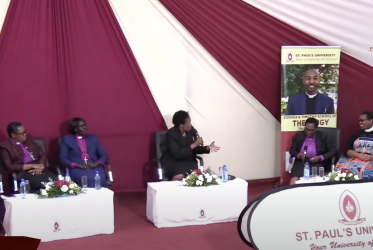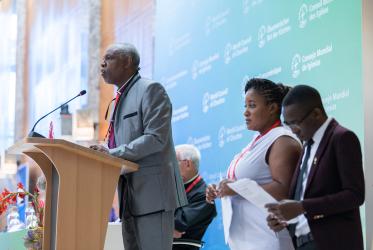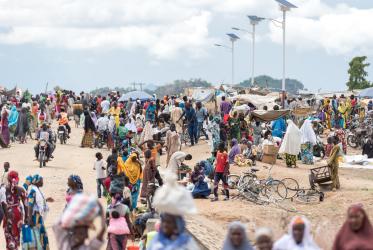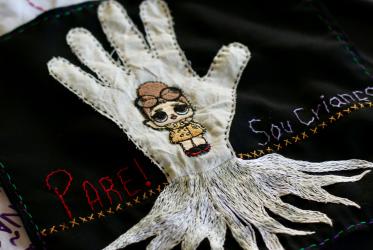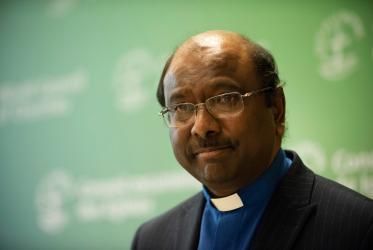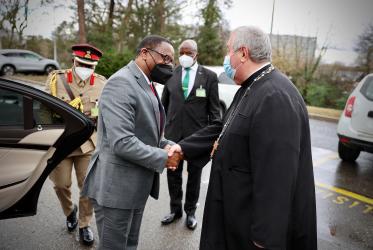Displaying 1 - 20 of 159
No estamos desesperados, pero sí preocupados
30 June 2023
We do not despair but are disturbed
28 June 2023
Churches respond to Malawi cyclone disaster
29 March 2023
Thursdays in Black Bible Study: Solomon’s Wisdom in Judgment
08 December 2022
Uppsala 1968: tal como predijo la canción, los tiempos estaban cambiando
19 September 2022
Uppsala 1968: The times, they were a’changing
06 September 2022
President of the Republic of Malawi visits WCC with hope for Africa
24 February 2022
